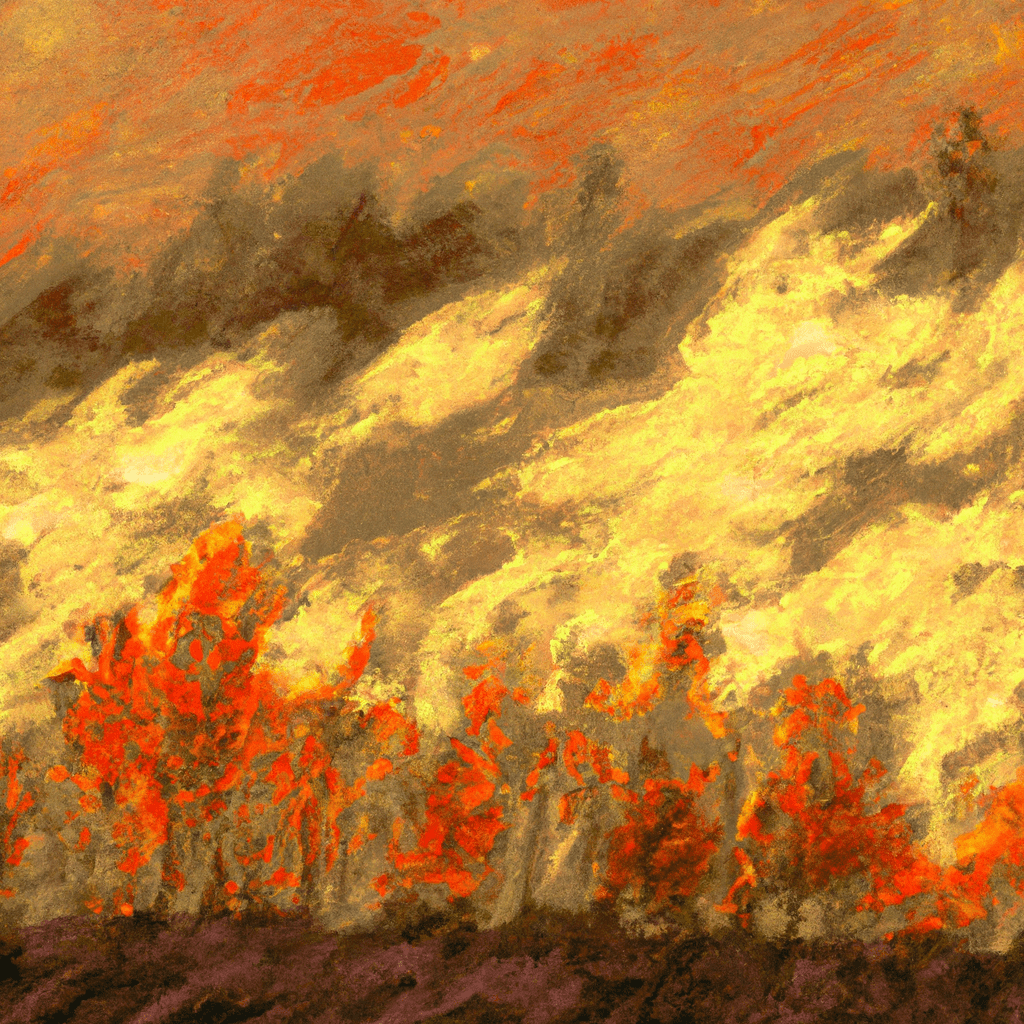A complex web of factors
In recent years, Canada has experienced an alarming increase in the frequency and intensity of wildfires, resulting in devastating losses to wildlife, ecosystems, and human communities. While the impact of climate change on these fires is undeniable, experts suggest that it is not the sole cause of this increase and that several other factors are at play.
Human activity: More than meets the eye
While higher temperatures and drier conditions due to climate change have created favorable environments for wildfires, a significant portion of these fires can be attributed to various human activities. These include resource extraction, forestry, and recreation, all of which can result in wildfires if not managed responsibly.
Mining and drilling operations, particularly in Canada’s boreal region, can pose serious risks for large-scale wildfires. These activities often require the creation of work camps and infrastructure, such as roads and power lines, which can not only introduce potential ignition sources but also fragment and alter the surrounding landscape, making it more vulnerable to fires.
Recreational activities, such as campfires and off-road vehicles, have also been known to cause wildfires when not properly managed. Public education and awareness campaigns about safe fire practices are vital to reducing this risk.
Forest management: Striking a balance
Forest management practices, such as logging and prescribed burns, can both help prevent and exacerbate wildfires, depending on the specific circumstances. Active forest management, including selective logging and controlled burns, can reduce the risk of wildfires by removing excess foliage and creating natural firebreaks. However, aggressive logging can lead to an increase in young, highly flammable trees, contributing to the potential for more severe fires.
Fire management strategy is also crucial, as policies that aggressively suppress small fires may lead to an accumulation of combustible materials, ultimately increasing the likelihood of larger, more destructive fires. In recent years, there has been a push for more adaptive fire management strategies that take into account the ecological role of wildfires in maintaining forest health and focus on reducing risks in critical areas.
A multifaceted approach is needed
Addressing Canada’s wildfires and mitigating their impacts requires a comprehensive approach that takes into account the complex web of contributing factors. Governments, industry, communities, and individuals must work together to promote responsible land use, effective forest management, and smart fire policies.
While climate change will continue to play a significant role in shaping the future of wildfires, recognizing and addressing these other factors is essential to reducing their devastating impact on both the environment and the people of Canada.
wildfires, Canada

Leave a Reply